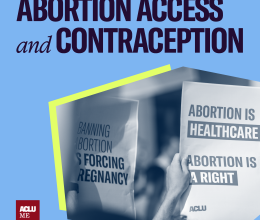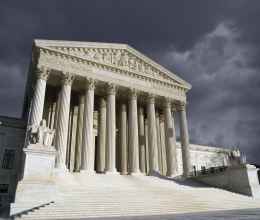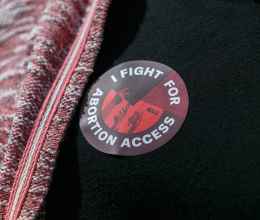This election season, three states are going to see anti-abortion amendments on their ballots. Voters in Colorado and North Dakota will be voting on personhood measures. Voters in Tennessee will be voting on an amendment that will make it easier for the legislature to pass anti-abortion bills.
Colorado’s Amendment 67 reads as follows: “In the interest of the protection of pregnant mothers and their unborn children from criminal offenses and neglect and wrongful acts, the words ‘person’ and ‘child’ in the Colorado Criminal Code and the Colorado Wrongful Death Act must include unborn human beings.” By changing the definition of personhood in Colorado’s criminal code, this admendment could result in the criminalization of abortion. This criminalization could affect both the pregnant woman and the doctor who performs the abortion. Opponents of the bill also argue that the amendment is so broad and far-reaching, it could also restrict access to emergency contraception and commonly used forms of birth control.
North Dakota’s Ballot Measure 1 would create a new section to the state constitution that states: “The inalienable right to life of every human being at any stage of development must be recognized and protected.” This ballot measure, similar to Colorado’s amendment, could have far-reaching implications and could lead to a ban on abortions. And, because the language of the measure is vague and poorly worded, opponents believe that it “could lead to court battles on a variety of fronts – how it applies to end-of-life situations, how it applies to IVF, how it applies to abortion.”
In Tennessee, Amendment 1 would add language to the state constitution that reads: “Nothing in this Constitution secures or protects a right to abortion or requires the funding of an abortion. The people retain the right through their elected state representatives and state senators to enact, amend, or repeal statutes regarding abortion, including, but not limited to, circumstances of pregnancy resulting from rape or incest or when necessary to save the life of the mother.” Amendment 1 is an attempt to remove the fundamental right to privacy from Tennessee’s constitution. It also paves the way for anti-abortion politicians to pass more legislation restricting access to abortion. This amendment is far-reaching - it has the potential to ban abortion even in cases of pregnancy resulting from rape, incest, or when a woman’s health or life is at risk.
While there are no abortion-related measure on the Maine ballot this election season, we still need to remain watchful for any far-reaching, anti-abortion legislation that might be introduced in the upcoming legislative session.









